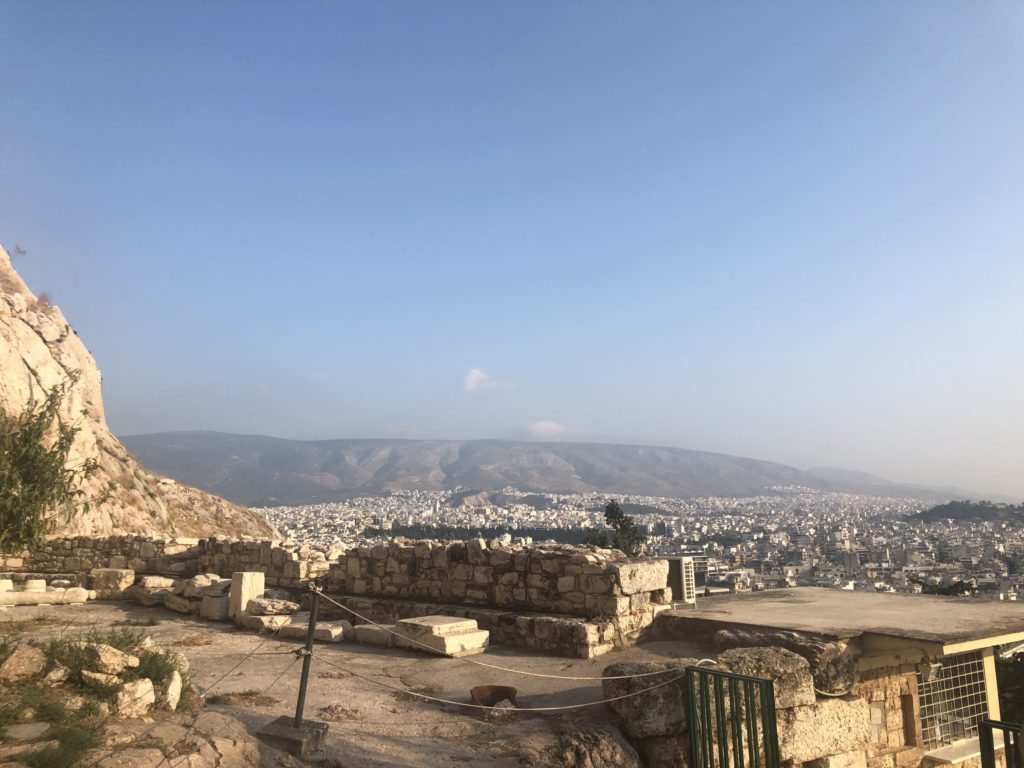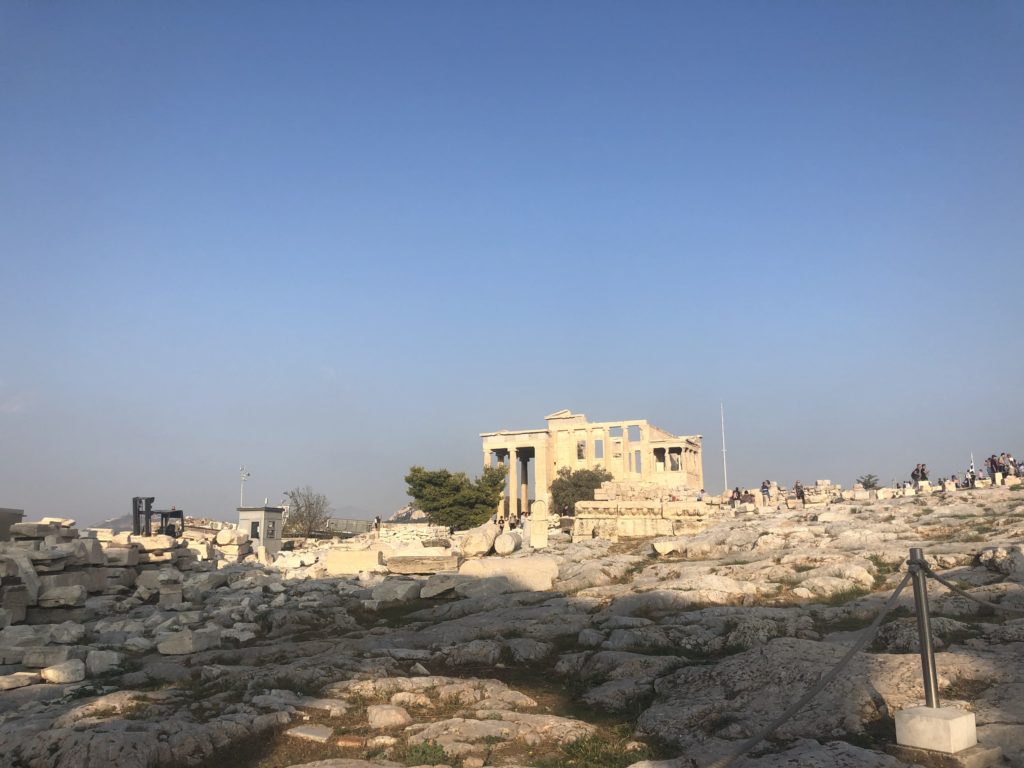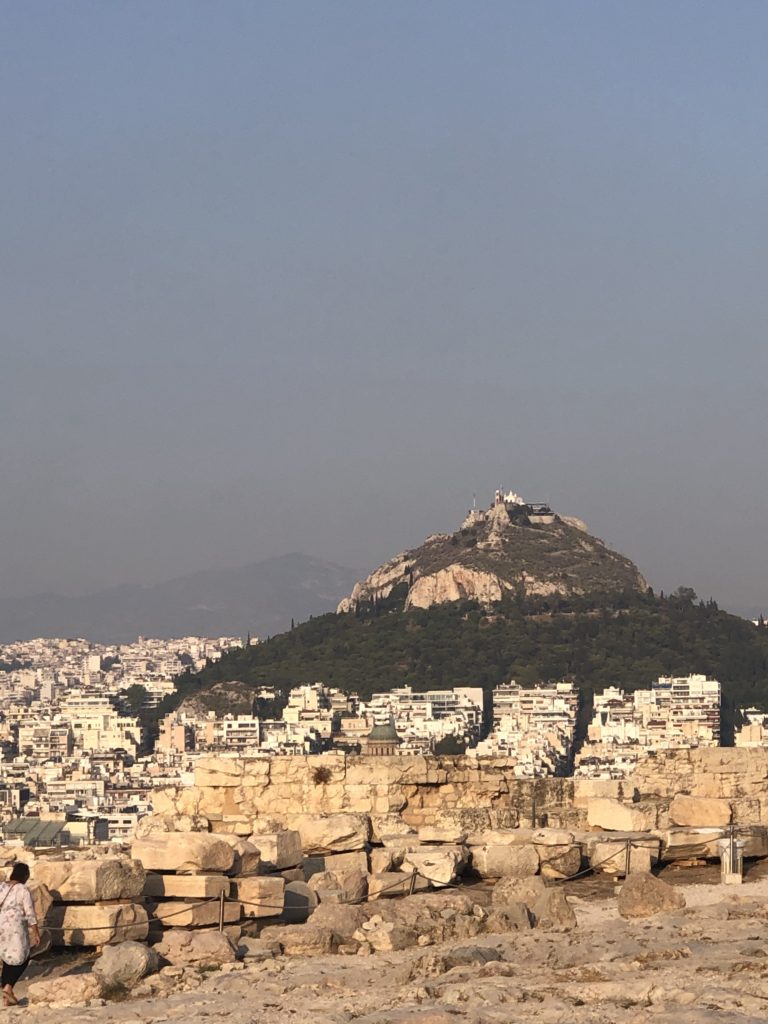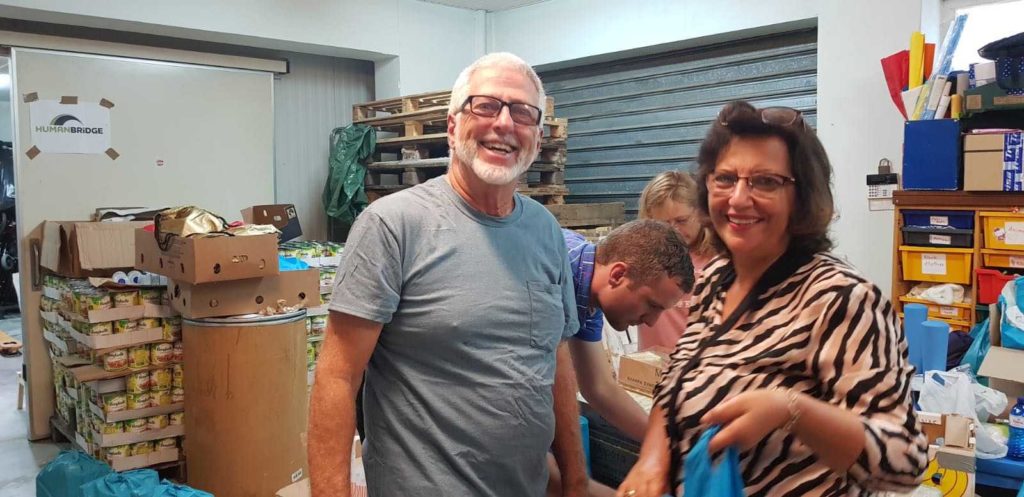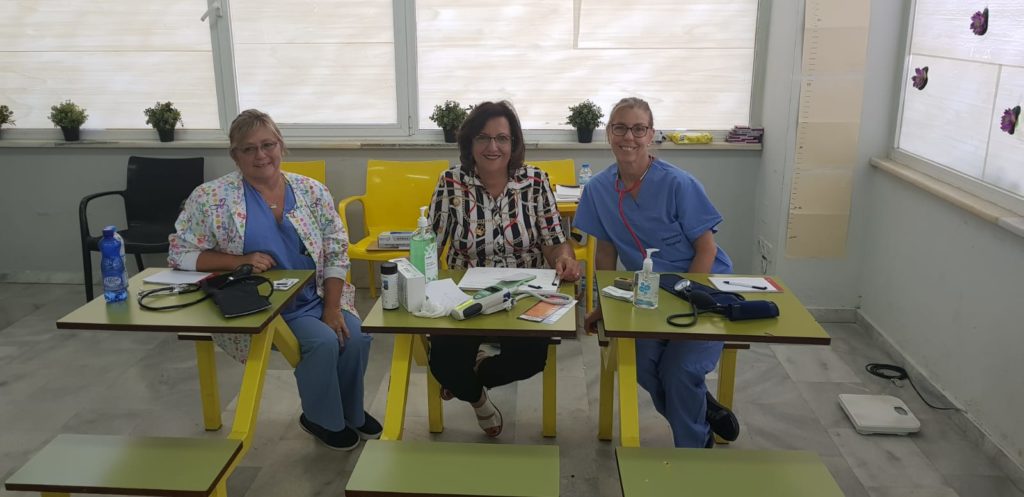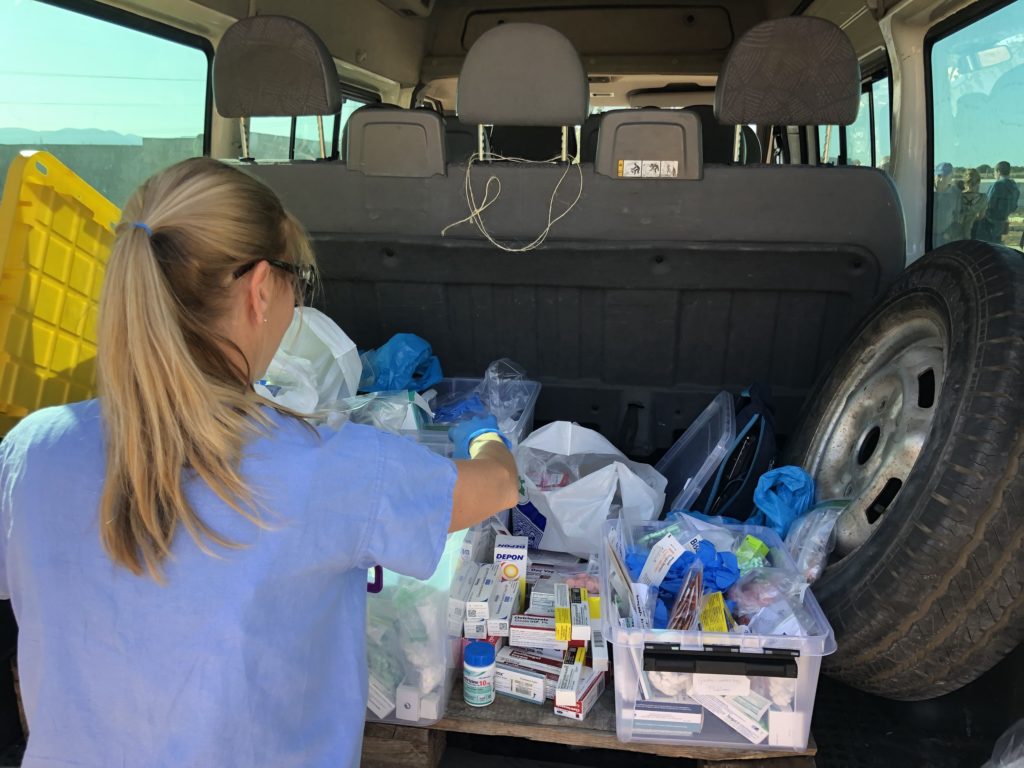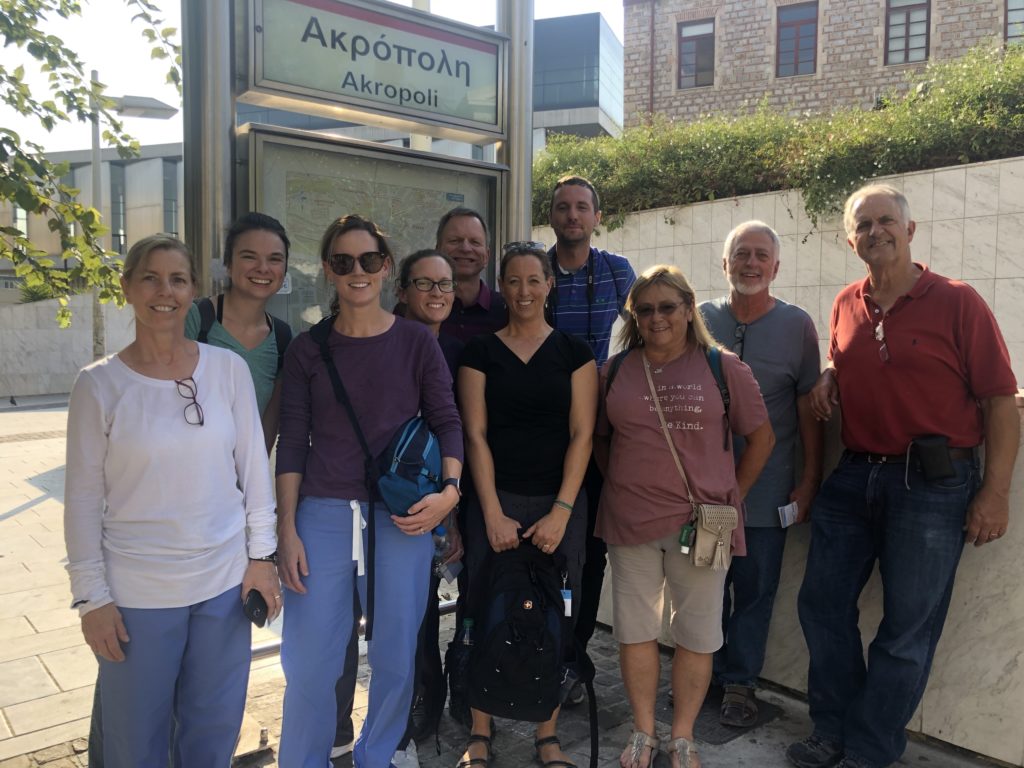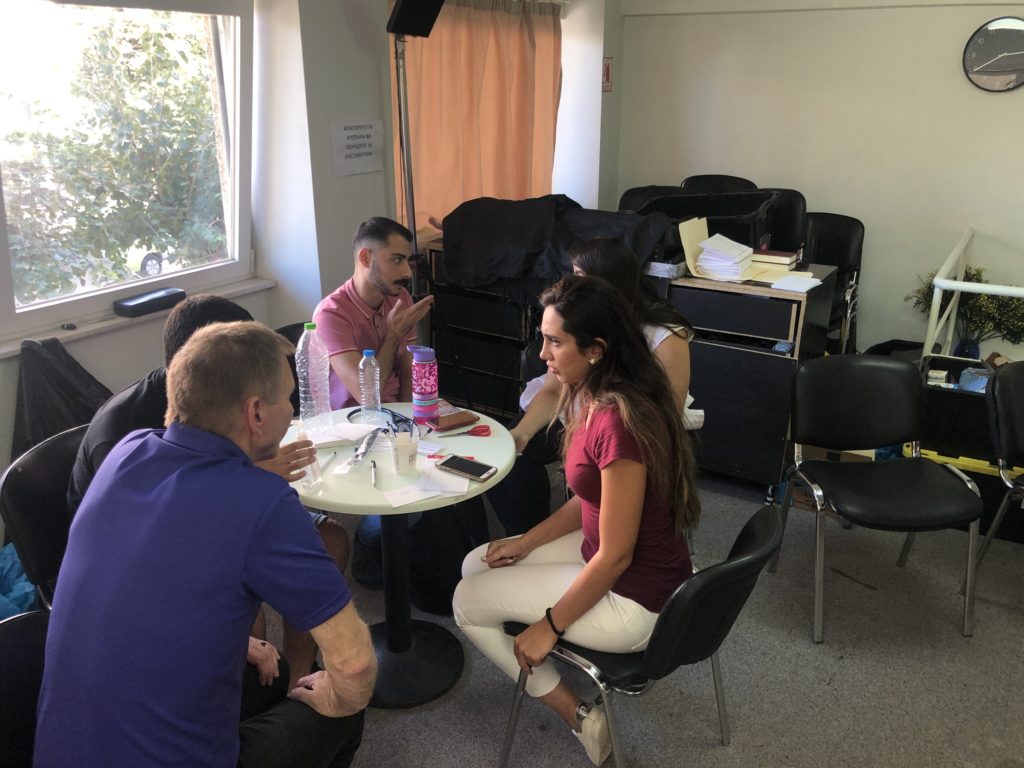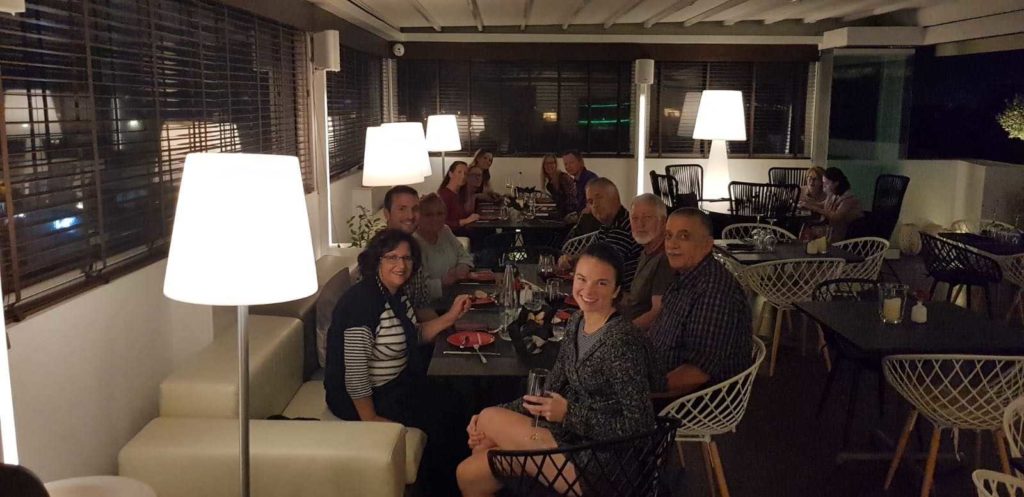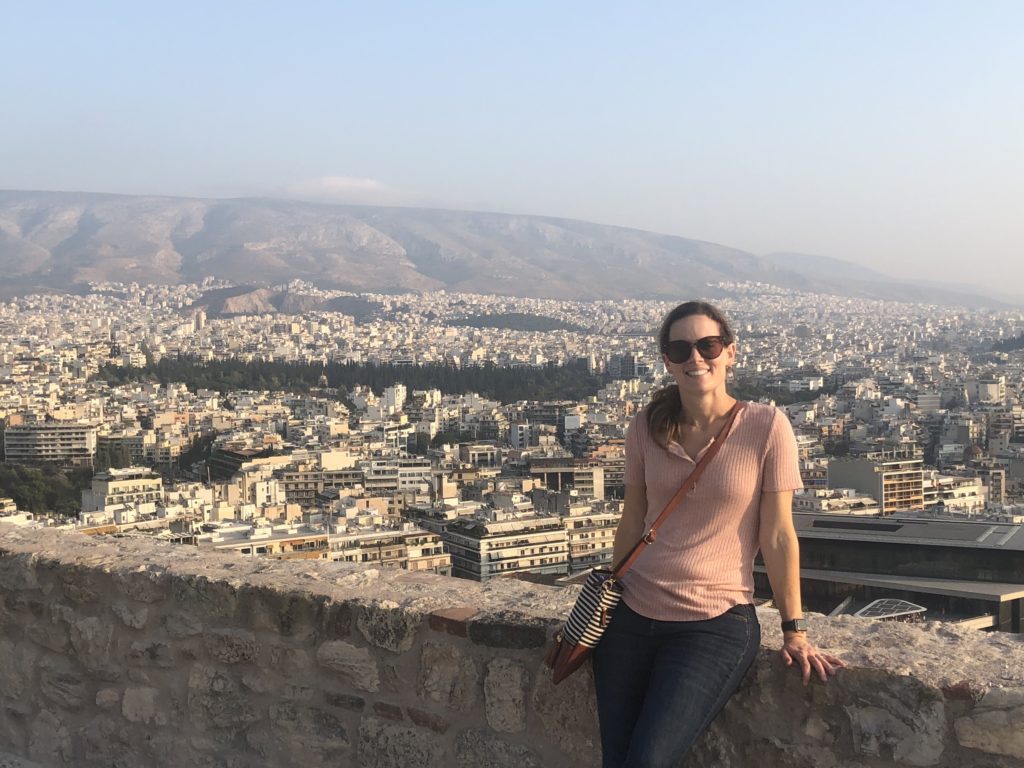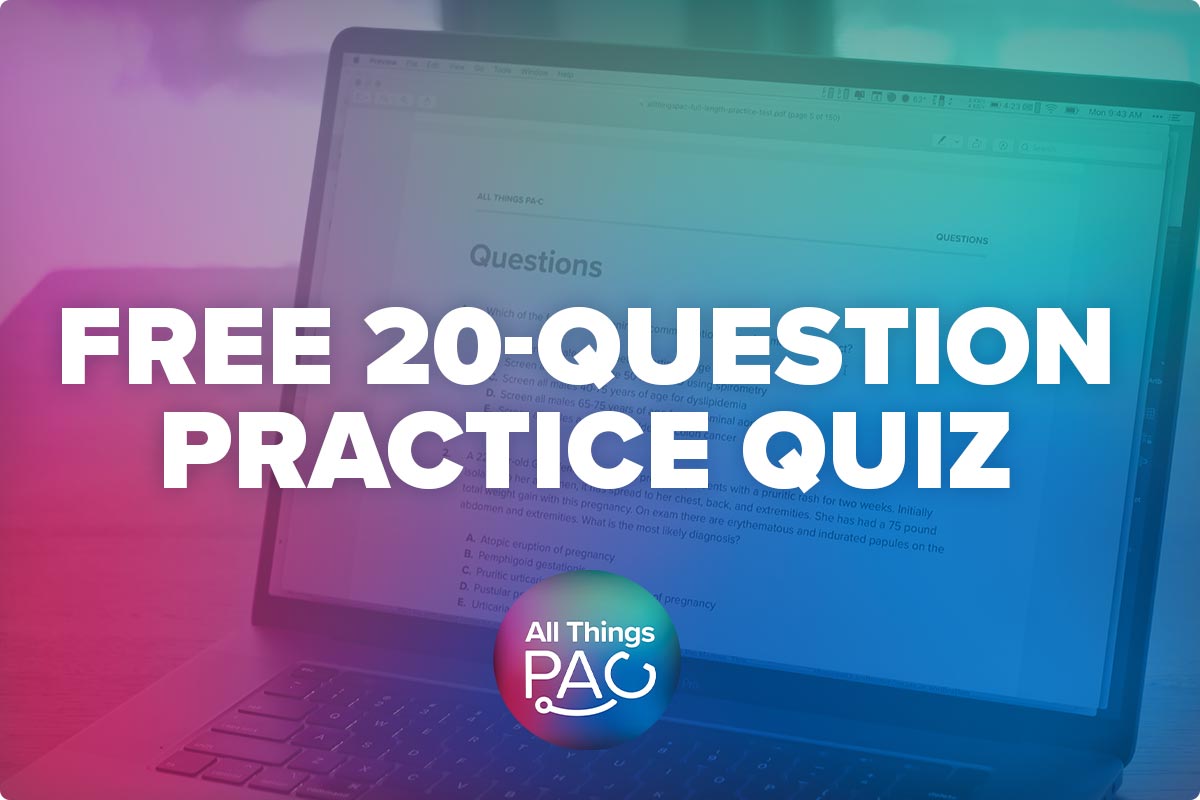I wrote 2 blog post this week about my medical mission trip to Greece last month. In Part 1 I discussed being the medical lead and all that went into planning a medical mission trip. In Part 2, I wrote about my personal experience on this particular trip.
Today in Part 3, I’ll answer the questions submitted through social media both during the trip and after I returned. My goal in sharing all of this is to hopefully inspire others to use their gifts and abilities to give back. That will look different for everyone and that’s ok. Big or small, your sacrifice is valuable to someone.
These questions are in no particular order.
1. How did you get involved?
A combination of looking for an opportunity and being asked to go. I had done a mission trip in the past and knew I’d eventually want to do more. I knew my church was considering putting together a medical team so I told them to keep me posted. I mentioned two organizations (GHO and PAGH) to check out if you are considering global missions, but honestly just start with your local community (your work or church) then go to Google.
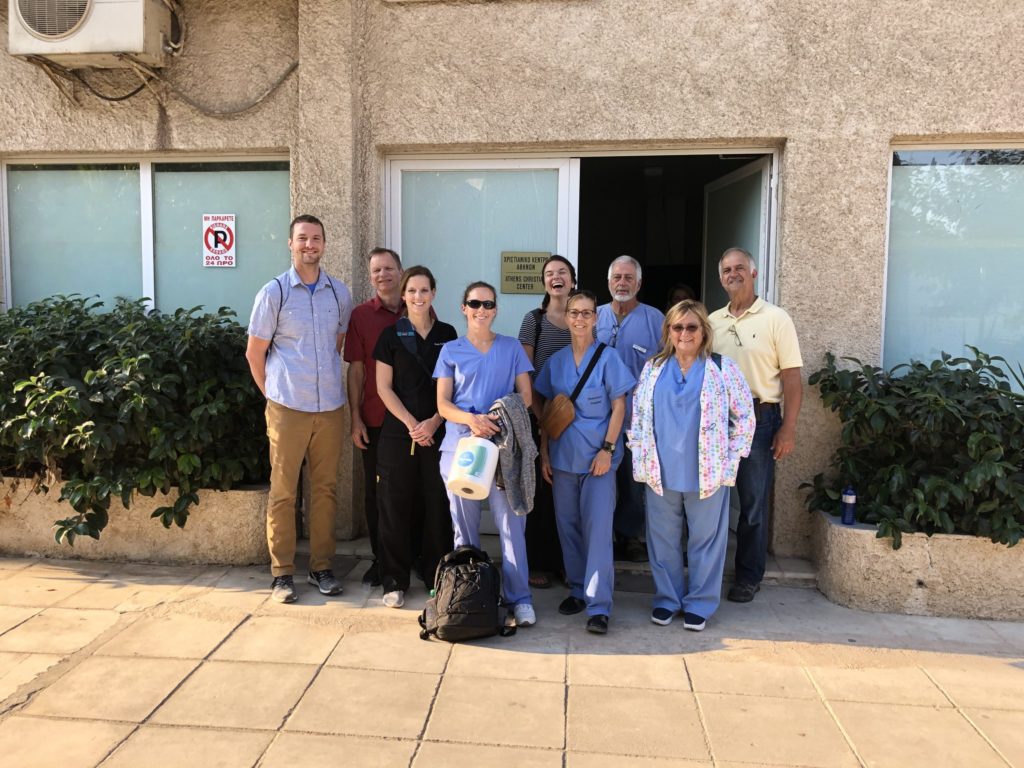
2. What organization did you go with?
I helped plan this trip through my local church, but we worked with a church in Athens that has been well-established for years and has many ongoing community services to help the poor and needy in their community.
If you’re thinking about doing a medical mission trip, there’s rarely a reason to reinvent the wheel and plan something from the ground up. In fact, it can sometimes be harmful. It’s better to give local organizations the resources they need to provide sustainable services. If you’re considering a trip look for organizations that partner with local groups and resources in the area they serve.
3. What were you doing in Greece?
Greece has seen an overwhelming influx of refugees from Syria, Afghanistan and other parts of the Middle East over the last 10 years. Greece had nearly 20,000 new arrivals between September and October this year alone. It’s a crisis. These people left-there war-torn homes, cities destroyed, and have nowhere to go. When they arrive, there aren’t enough resources for them.
We were on the mainland in Athens (the situations are much worse on some of the Greek islands like Lesbos and Samos). We set up a small acute care clinic at a church that has been working to help some of the asylum seekers get integrated and established in the community.
4. Do other countries recognize PAs?
It depends. But this would likely only be an issue if you were only taking PAs, and no physicians. I know many PAs who have traveled to many different countries to serve, and they are typically under the umbrella of the physicians. Also, there are fewer regulations around humanitarian work than say, if you were moving to a country and getting a job.
5. Do organizations ever pay for your trip?
I’m sure somewhere there might be some that do. And there are some you can work for as a career. But for most, you are likely responsible to pay for it yourself. Many people chose to fundraise for trips like this. People who can’t (or won’t) go on trips still want to participate and feel invested in the cause when they donate. I had a few family members donate money for this trip, but I paid for most of it myself. However several of my team members raised all of the money through fundraising.
6. How much did it cost?
Our trip cost about $3,500 per person. This included airfare, room and board, food, medications, supplies, some group sightseeing activities, and a gift to the church who organizes the clinics. Several trips I looked at cost about the same.
7. What skills were you grateful for on the field?
I am good at counseling and patient education, and that is definitely a good skill to have. Being able to explain their problem in a way they understand, and what to expect or how they can take care of it with what resources they have, is of more value than medicine in many cases.
Other than that, really it’s the simple stuff. Laying hands on people, listening closely on the exam, and just knowing you don’t have a lot of tests and labs to help you out in many cases so get a good history and do a thorough exam.
8. What are the common illnesses you saw?
The same things we see here. Headaches, aches and pains, heartburn, upper respiratory infections, sore throats, skin issues. Very much like an urgent care. We did a little chronic disease management.
9. What was your favorite part of the trip?
Besides serving the patients, I really enjoyed meeting the other half of our team from Israel. They were a young group of translators and medical professionals we worked with and it was a lot of fun hanging out with people from a different culture. I went with a team from my town but a lot of people sign up for trips where they don’t know anyone. It can be a lot of fun to get to know other people this way.
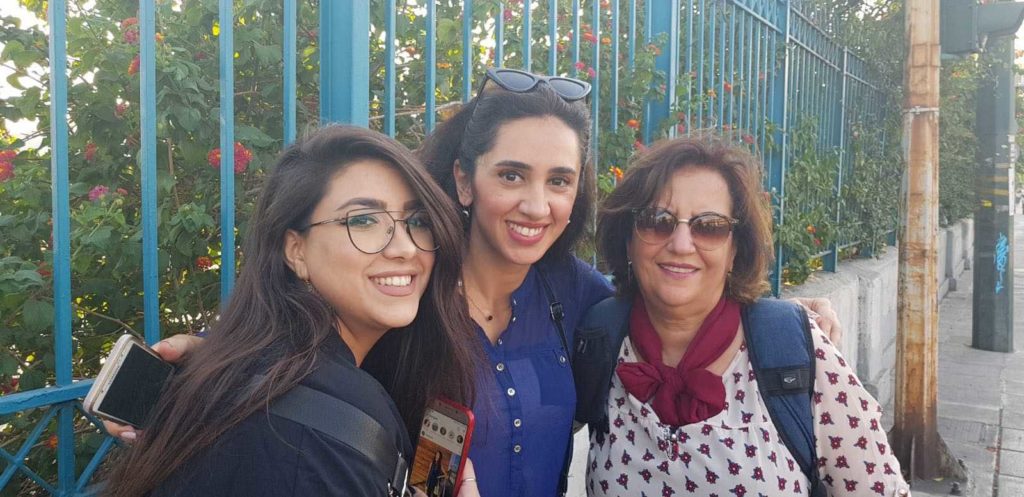
Also, seeing Greece. I had never been and it was stunning. I was very careful to prepare my mind and heart that I was there to work and not on a vacation, but I am thankful I had time to see a new place. We traveled to Corinth on our last day. As a Christian, it was just a really neat experience for me to see the place where the Apostle Paul lived and preached and to think about the early Church in that place.
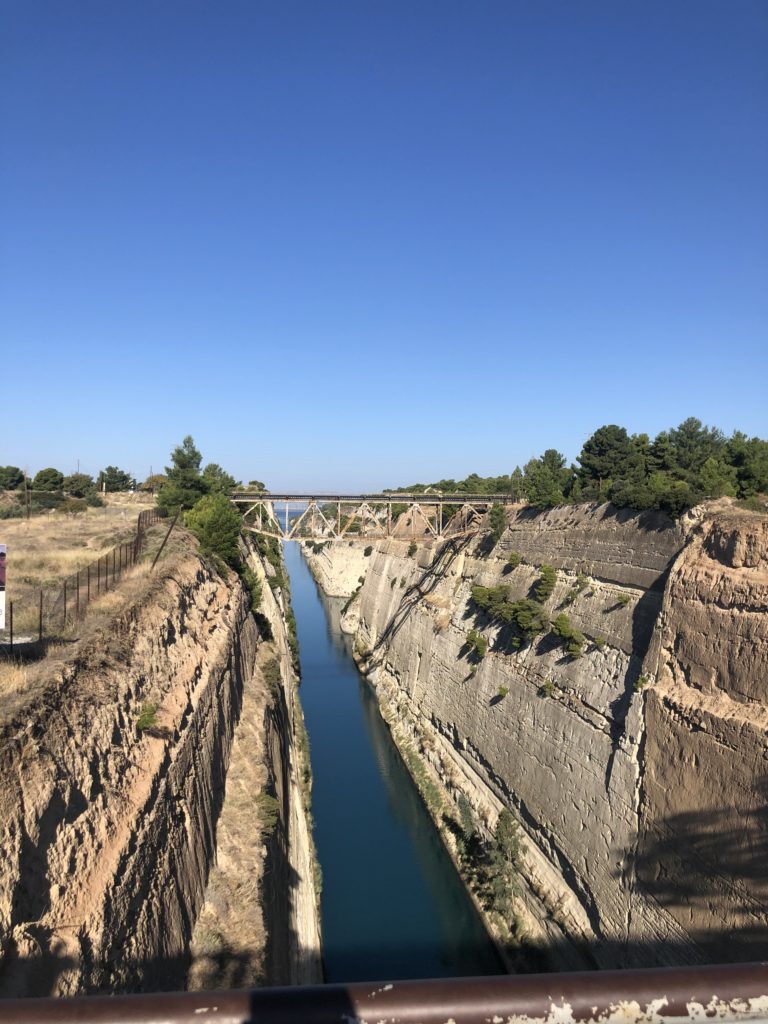
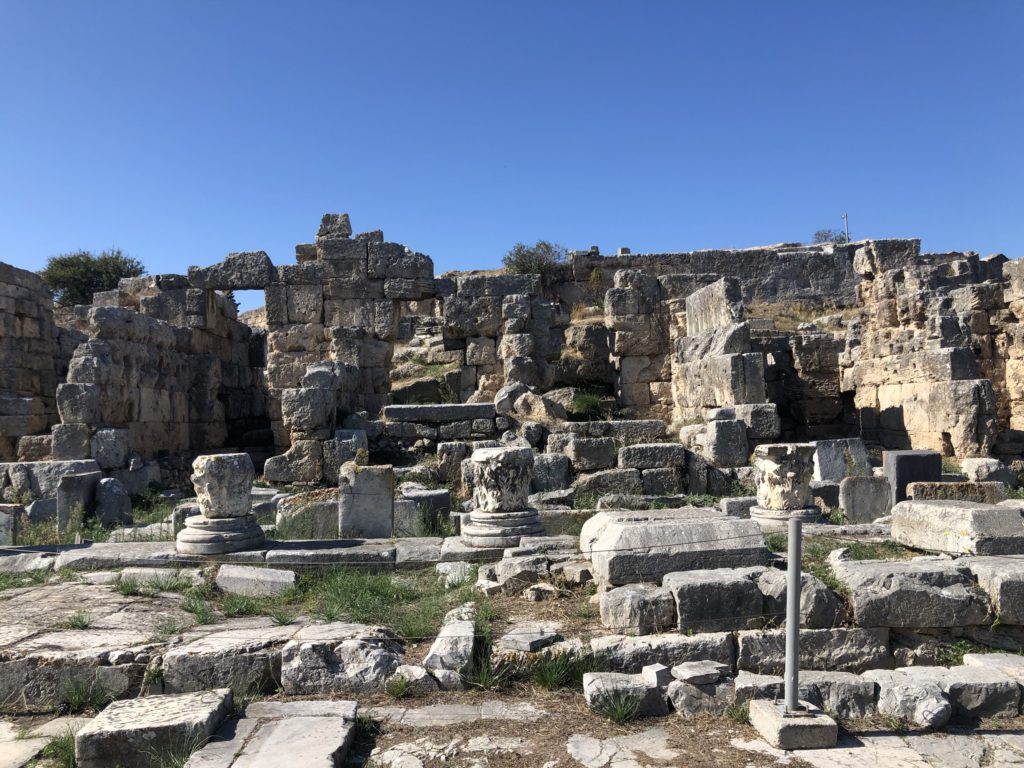
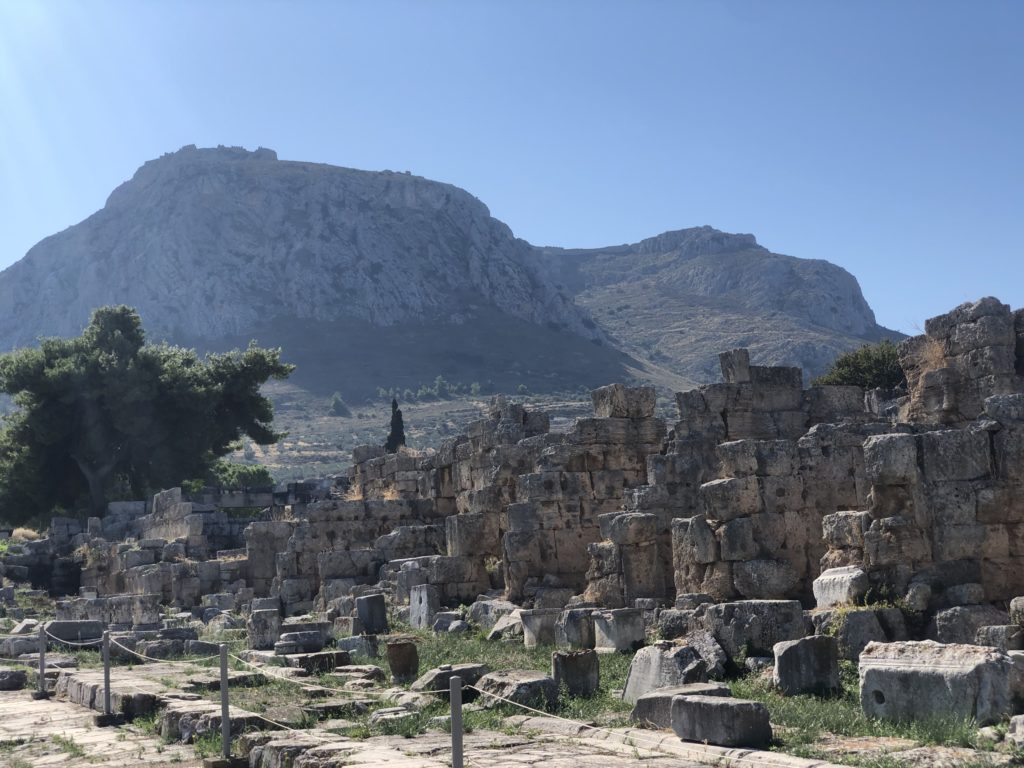
Corinth was amazing
10. How was it leaving your family for a period of time? How did you deal with the stress?
My husband is a rock star and a great dad, so I wasn’t really worried about anything. I did miss my kids dearly but Facetime makes it tolerable. When they are old enough, I would love to bring them along.
11. What tips would you give someone who wants to go on medical missions as a PA?
You don’t have much to lose by trying a short term trip. Start thinking about it a year ahead because it will take time to find one, catch the sign-up deadlines, save money, etc.
12. How does this improve your outlook/PA career?
I don’t think this does much for my resume or CV at this point in the game. Maybe it does. It’s definitely not a reason I do it though. The experience of doing it as a student though really made an impact on me.
13. What was the legal process (paperwork, documents) like?
Surprisingly minimal. I wrote about it in Part 1.
14. Have you always wanted to go on medical missions?
Yes. I live too good a life and make too much money (relative to most of the world) to not give back. Medical missions are the perfect fit. Not everyone is qualified to do it and the resources are needed.
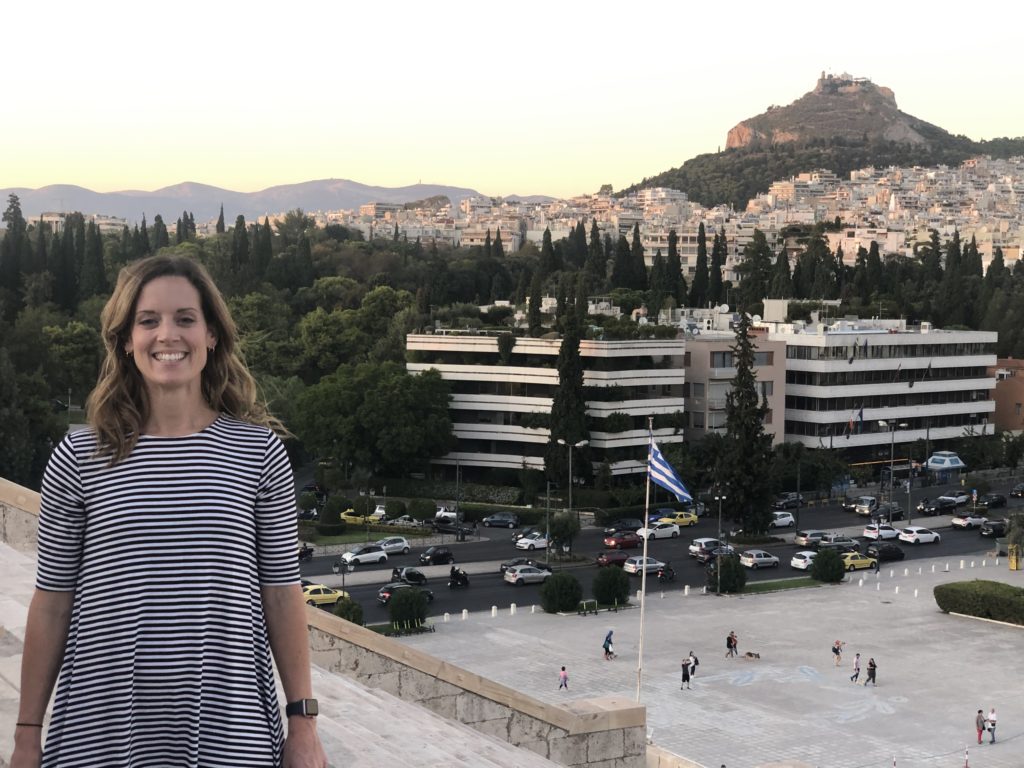
15. How do you find trips?
Google. Ask colleagues. Check with large churches in your area. Check out GHO and PAGH. Finding a trip isn’t hard, deciding to go is.
16. How much free time did you guys have to explore and sightsee?
More than expected. The refugees prefer to get done early and get back home and back to the camps. We were done around 2-3 pm on most days. I don’t think that’s the case everywhere you go but it was for us. It was very nice and I greatly appreciate the time I had exploring the city, but if I go again I’d probably try to find a few other ways to be productive during the late afternoon. Perhaps other service opportunities in the city.
17. How do I get involved in a medical mission trip if I am still an undergraduate student?
Many trips take non-medical people to do things like triage, play with the kids, clothing/food banks, and many other activities. I’d look for trips and see if they offer positions for non-medical people. Let them know your interest in medicine and that might help!
18. What surprised you most on the trip?
It shouldn’t have surprised me, but I learned that we are all really more similar than we are different. Even if we come from completely opposite backgrounds or situations. We’re all just trying to do the best we can and care for ourselves and our families.
I was also extremely impressed with how a small little church in downtown Athens was able to do so many things for their community with moderate resources. It made me realize the potential we have to accomplish great things if we invest our time, energy and resources wisely.
19. Would you go again?
Heck yeah!

